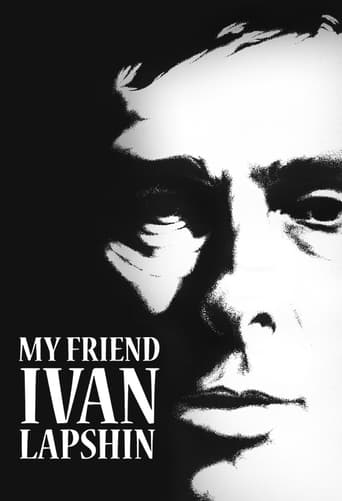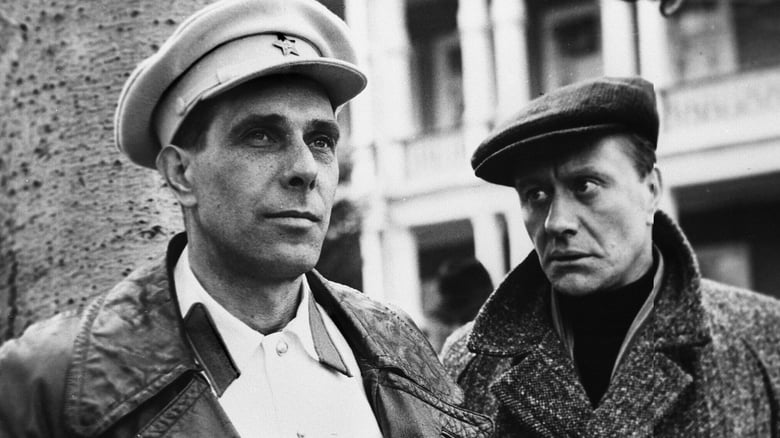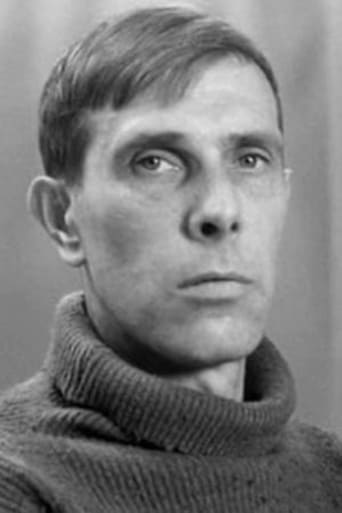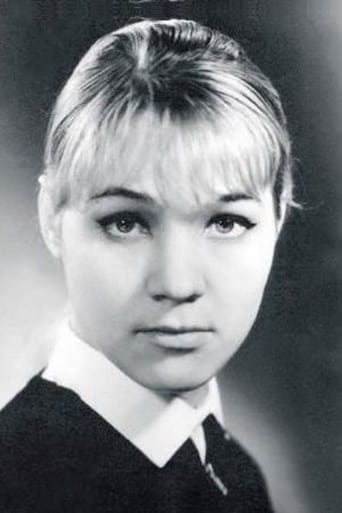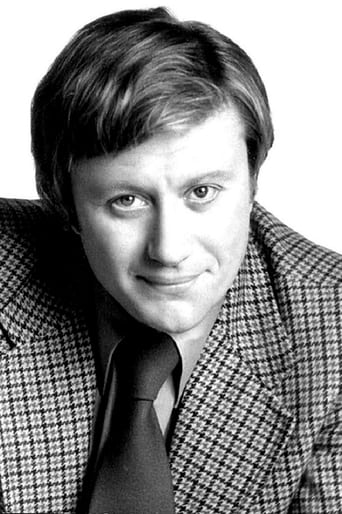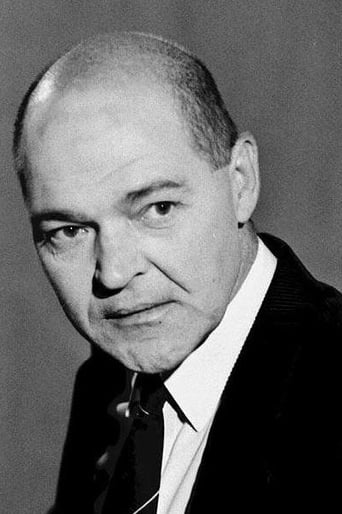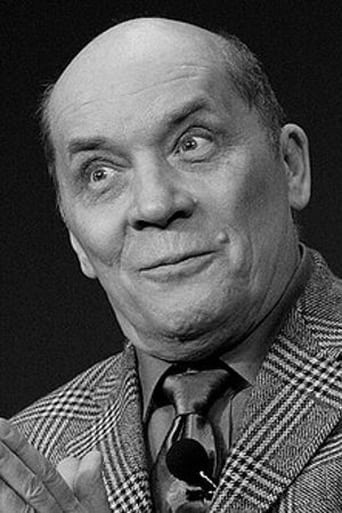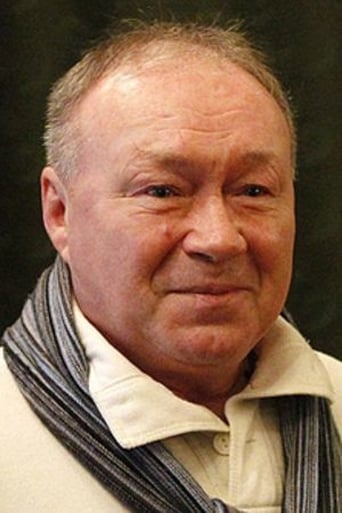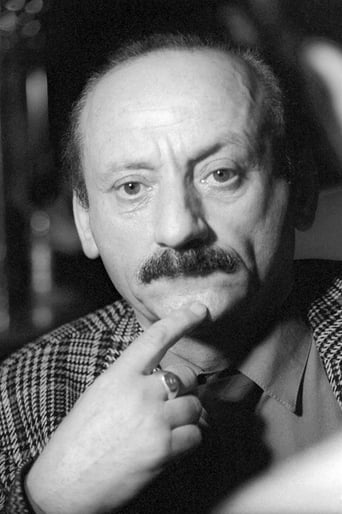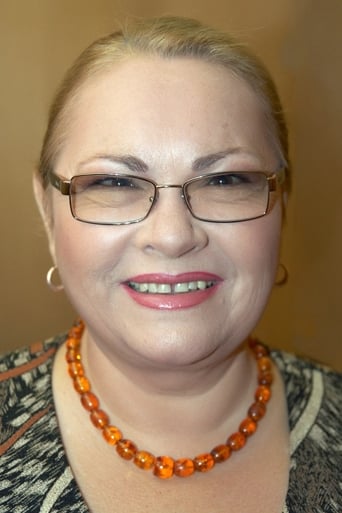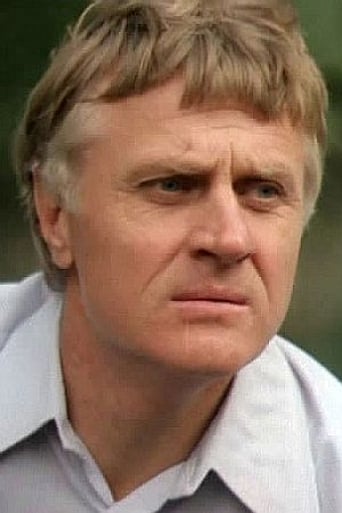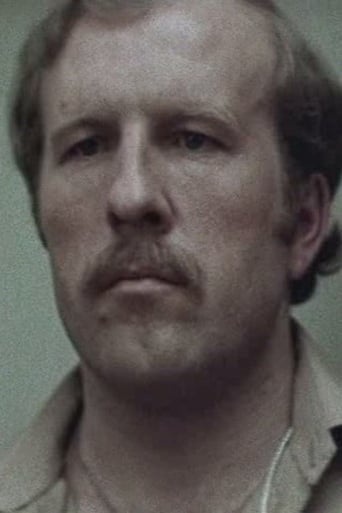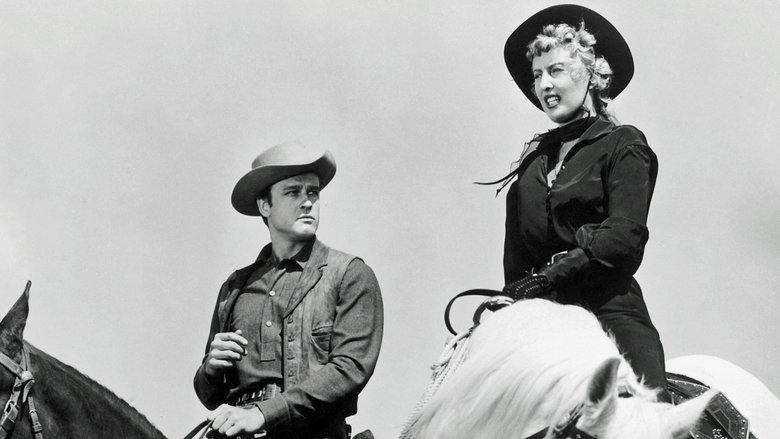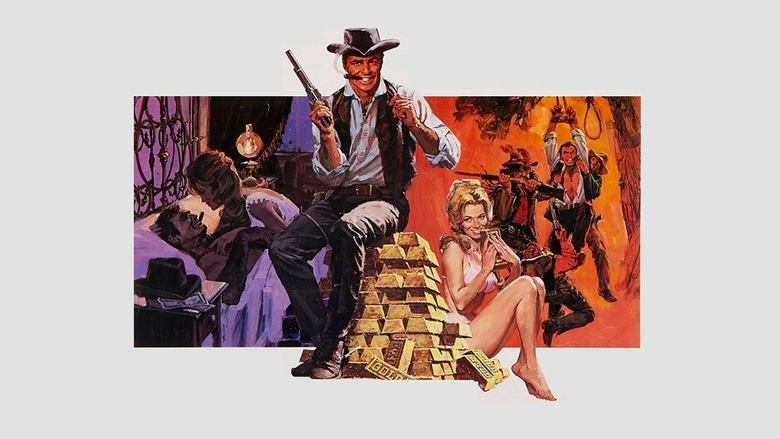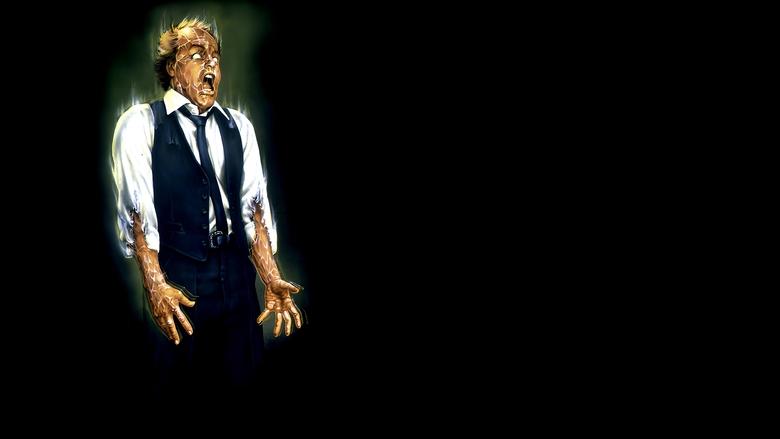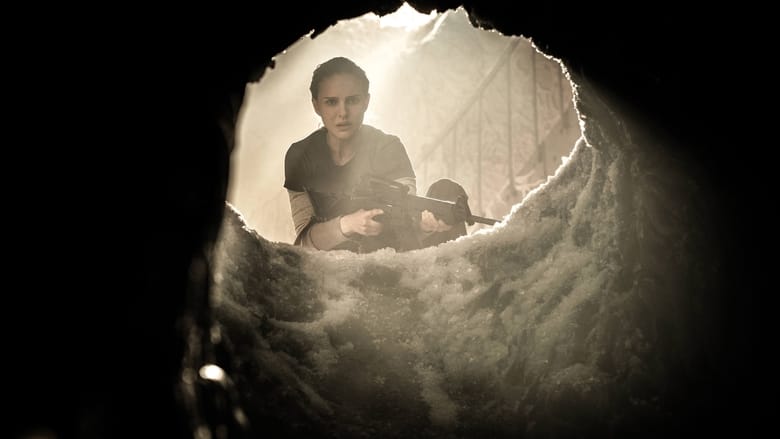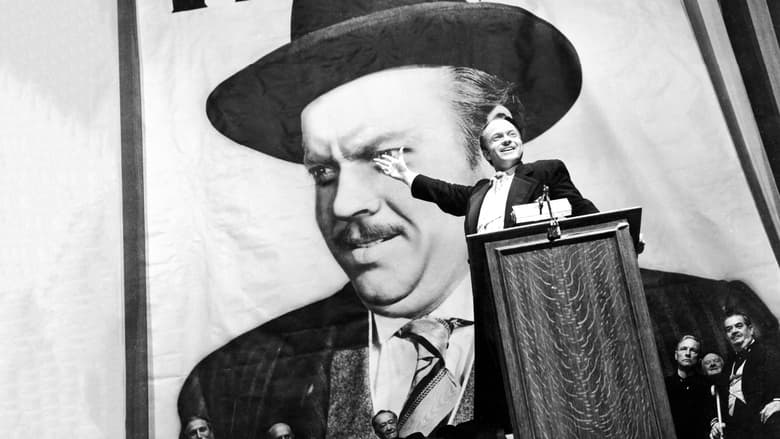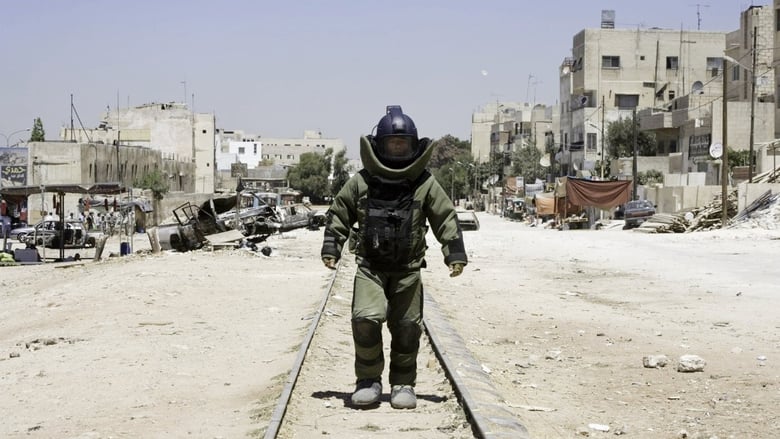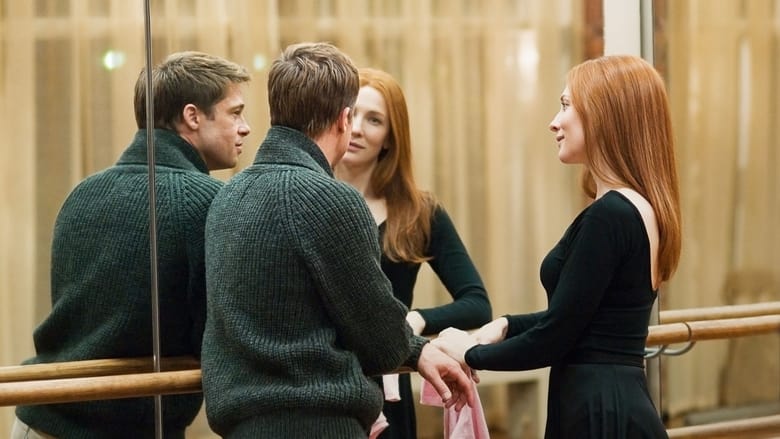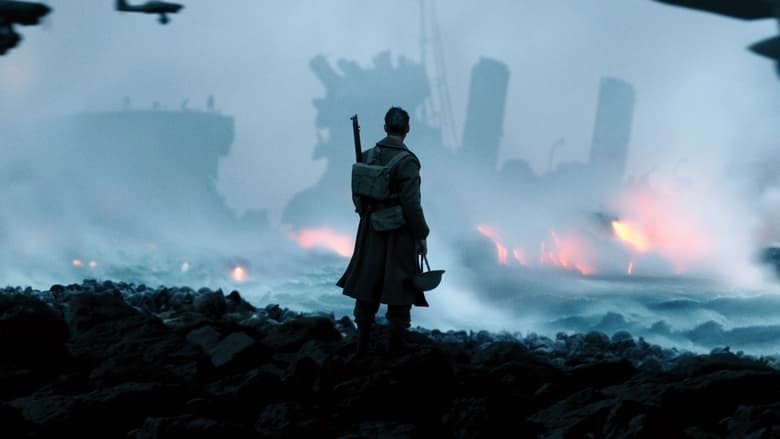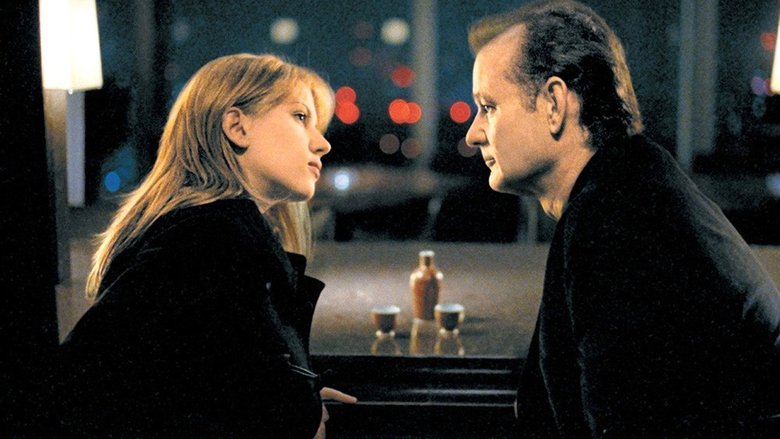Russian provincial town in the middle of the 1930s Stalin's Great Purge. Ivan Lapshin, the head of the local police, does what he has to do. And he does it well.


Reviews
Great cinematography, great directing, great acting. But this is not what makes a film great because they are mere ingredients. What makes this movie great is the humanity of its characters. It does not matter how good or bad is the system. Honest souls will always have something true to tell you about, to show you that even in the middle of the winter, the cold, the night, the lack of plenty there are human dramas involving all that humans can do. Love, crime, compassion, friendship, assistance... Not like a solemn hymn to joy of life, but as a simple story about some lives that are touched by others' and can touch the others' in return. Simply, humanly. Six people living in a flat show us, among other things, that what defines us is not the distance we put between us, but the closeness, the touch.
They often say that German excessively darkens Stalin era. In reply I would mention that the movie was shot in my native city of Astrakhan in 1978 - on the 61st year of communist ruling. All those nightmare buildings are not stage constructions, those are buildings where people still live. All those freaks are not crowd scene actors - they are real population of the district close to Astrakhan jail. It would be very one-sided to bound the idea of the movies to critics of totalitarianism. For me it is one of the greatest attempts to answer question like -what makes people live? -why one can loose all the desires? -can you stand when everything around makes you vomit? The set of actors is great.
A recollection from a Russian childhood becomes, in director Alexei Gherman's memory, a rambling fantasia of events in a small provincial town during the 1930s. The film is virtually plot less but rich in incidental detail, and like any nostalgic memory is oblique and selective, and often shadowed with a profound sense of regret. Viewers unfamiliar with Russian habits and history may be hard pressed to follow the director's near-documentary recreation of local events (spiced with occasional arcane, Fellini-esquire symbolism). What passes for a plot is allowed to develop in an offhand, almost inconsequential manner: an awkward love triangle shared by the title character (a local secret policeman) with a traveling actress and a journalist friend; a manhunt for an elusive criminal, and so forth. It's as if the characters were too personal for Gherman to see them become bogged down in a simple romance or conventional police procedural drama.
This film is set at a very specific date, after the murder of the Leningrad Soviet boss Kirov in 1934, just before the first Soviet purges. There had already been disasters- the great artificial famine in the Ukraine which is alluded to- but this was the last time when Soviet officials could still have clean consciences and clean hands and do their duty. At one point in this film there is a scene of a cock and a fox in a cage together,learning to befriend one another, the child in charge says. Later we learn that the fox ate the cock, but "The experiment goes on." That phrase expands from the one casual scene until it dominates the film.There are two aspects to the film. There are plots- Ivan Lapshin's hunt for the murderous Soloviev criminal gang and his wooing of an actress- but the most important aspect of the film is the portrait of provincial Soviet life at that moment, seen in the memory of a a man who was a small boy in the overcrowded communal apartment he and his father shared with Lapshin and others. We see the overcrowding, the way people are pushed together, the obsession with food and rations, with getting illegal firewood. We see the other people in the apartment and are casually shown the way people actually live as against the propaganda they are told and believe. We see Lapshin suffering from shell-shock from the revolution and realise that the murderousness that was there then still exists. We see the contrast between rhetoric and reality- the actress meets a prostitute, to learn for a part in a propaganda play about reforming criminals. Later we see part of the badly-acted play and incidentally learn the prostitute has been sent to hard labour. Lapshin and his men search a tenement for the criminals and we cannot tell criminals from the others- displaced peasants fleeing the famine, just as hostile to and scared of authority- there. When Lapshin finally captures Soloviev- unarmed and wounded- he coolly shoots him dead and we realise what he and those like him could do in the future.
